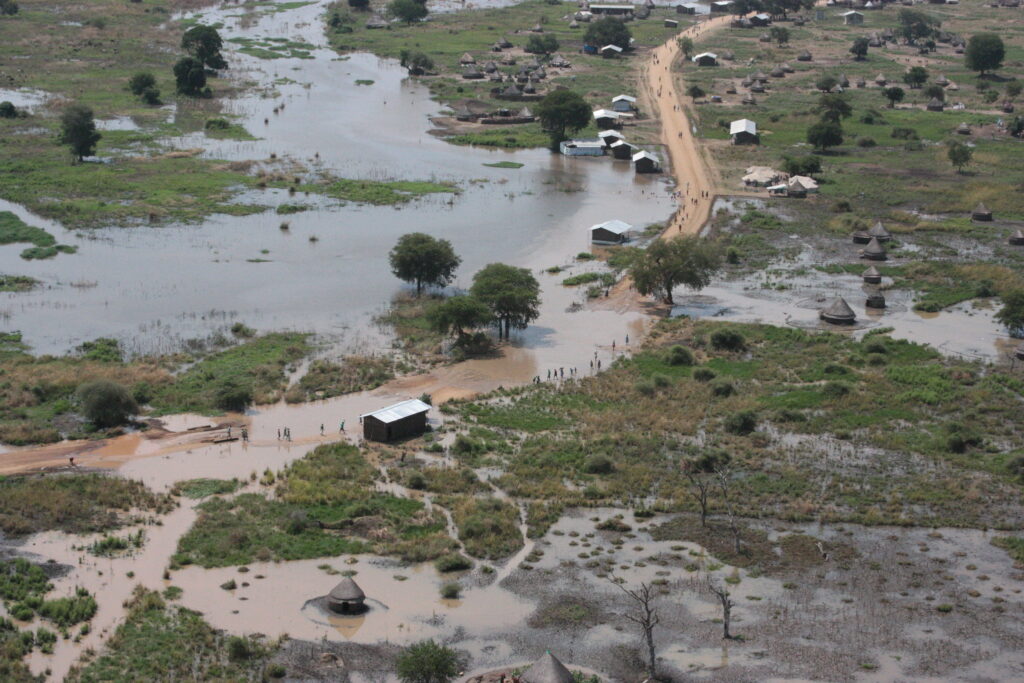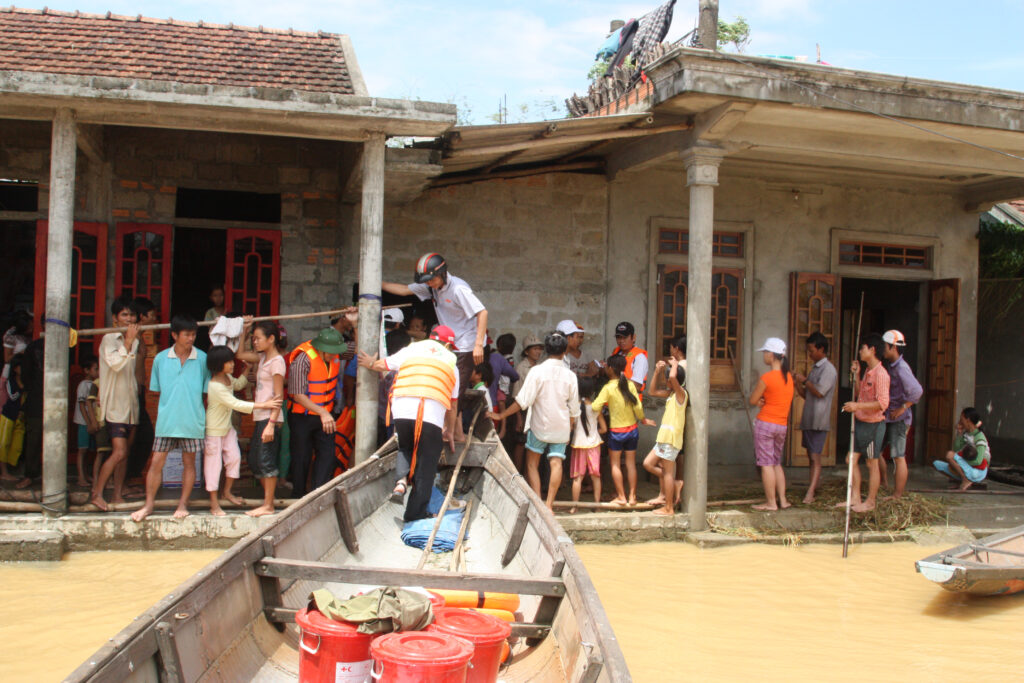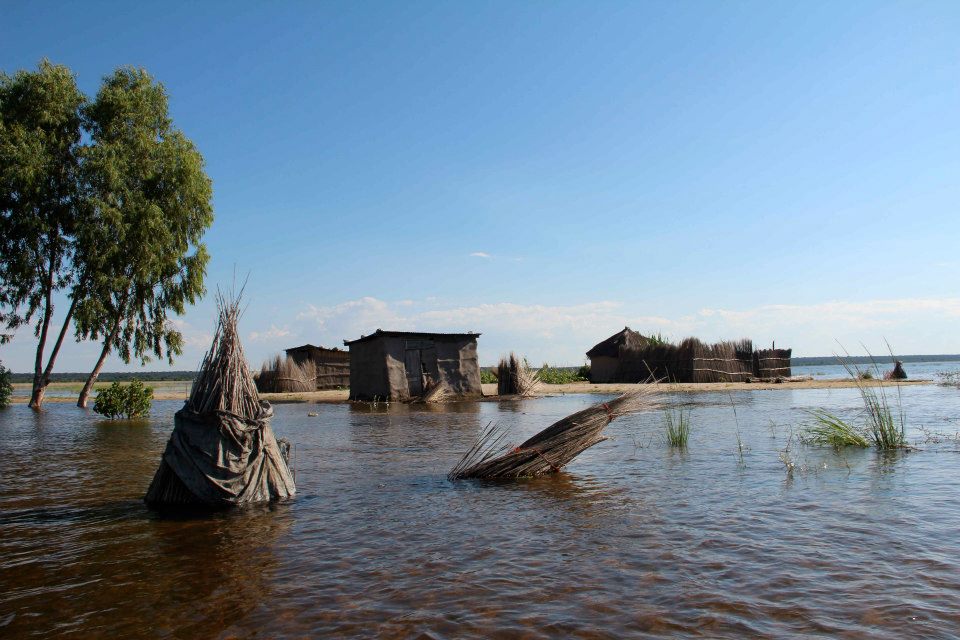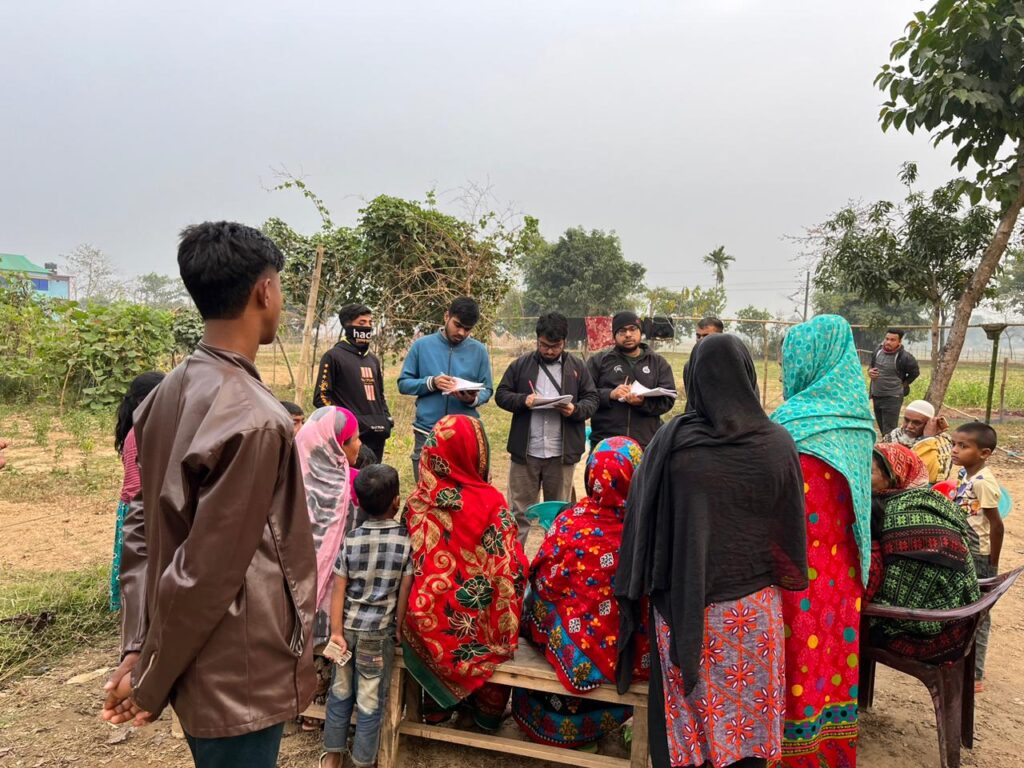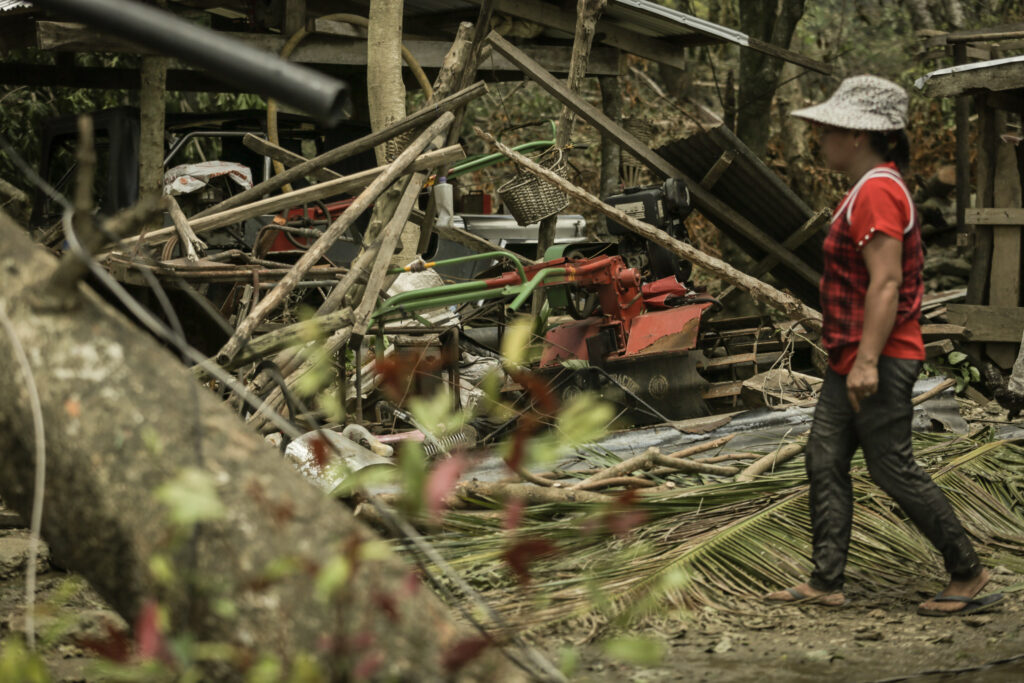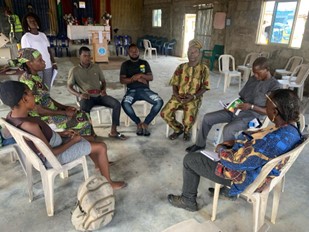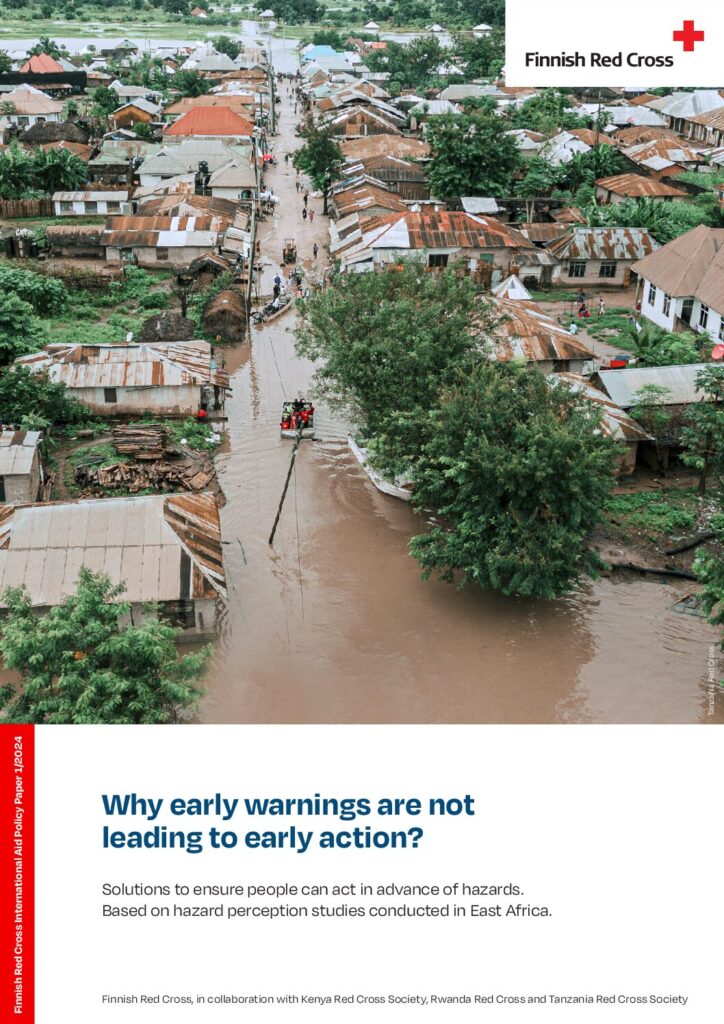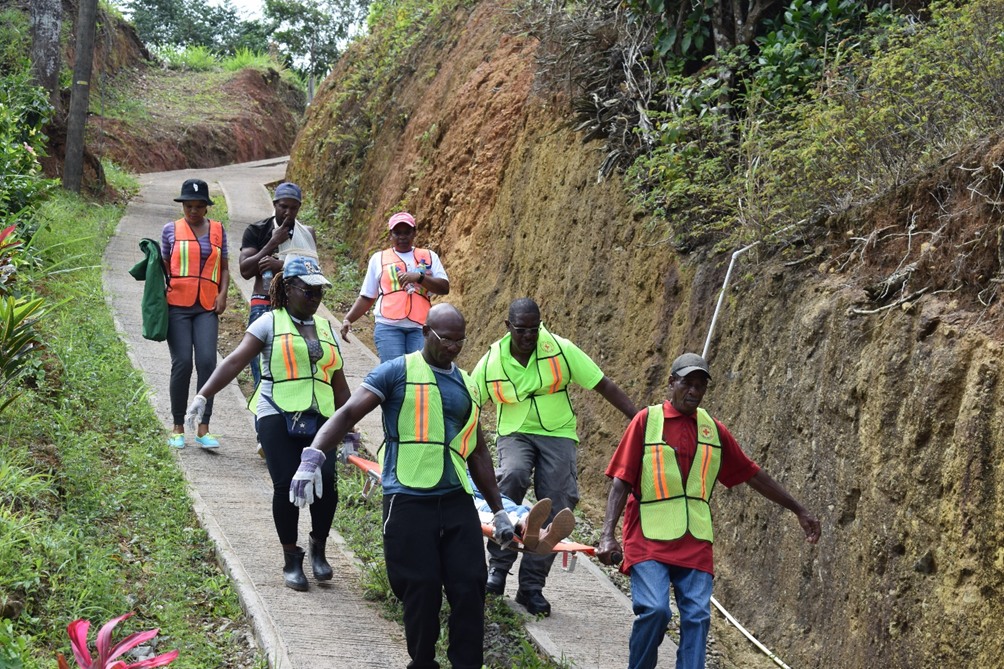Community-developed Early Warning and Early Action Systems: The Case of South Omo Communities in Ethiopia
Authors: Tirsit Sahledingle and Desalegn Amsalu, Institute of Ethiopian Studies, Addis Ababa University This research delves into the Indigenous early warning and early action systems developed by the agro-pastoralist communities in South Omo, Ethiopia, to respond to natural disasters, particularly floods. Using a combination of spiritual, ecological, and technical knowledge, these community-led systems have been vital […]

